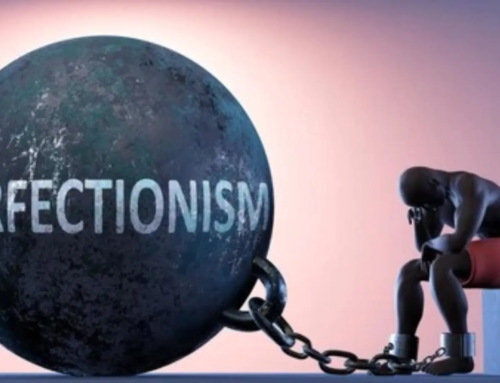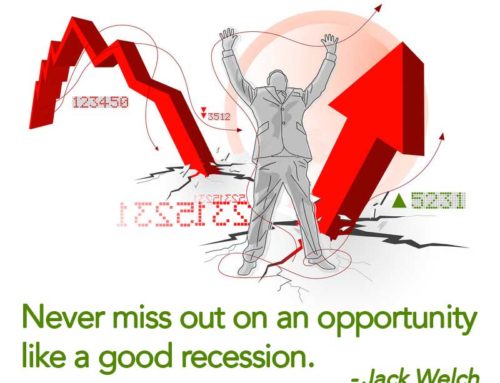Today Americans and people all over the world are dealing with Inflation eating into their income, interest rates rising sharply, war, political divisiveness at every opportunity. All of these things add stress to the already difficult experience of trying to live hopeful, free, meaningful lives. Optimism, being hopeful about our future is important to our mental and physical health. Optimism helps us be more resilient, deal with life’s challenges better, strengthen our immune system and live longer lives. Optimistic people tend to enjoy better relationships and are generally happier.
The ability for you to stay optimistic produces a buffer against your probability of experiencing depression. Optimism not only reduces stress, but it also promotes the production of the neurotransmitter dopamine. Dopamine acts as a chemical messenger between neurons. Dopamine is released when your brain is expecting a reward. When you come to associate a certain activity with pleasure, mere anticipation may be enough to raise dopamine levels. Dopamine plays a role in how we feel pleasure. It’s a big part of our unique human ability to think and plan. It helps us strive, focus, and find things interesting.
Is it possible to boost or increase our own optimism? Optimism is a style of thinking. Napoleon Hill wrote the bestselling book, Think and Grow Rich in 1937.
Hill was inspired by a suggestion from business magnate and later-philanthropist Andrew Carnegie. Think and Grow Rich grew out a conversation he had had with steel tycoon, at the end of which Carnegie set up interviews between Hill and the leading business minds of the day–including Henry Ford, Alexander Graham Bell, and Thomas Edison. The idea was that the author would distill the wisdom of these great men into easy-to-digest success secrets for the benefit of the general public. How a person thinks, matters.
Pessimism can be described as a tendency to think negatively. A person who is pessimistic may frequently identify and focus on the negative, or unfavorable, aspect of a situation rather than concentrate on what is going right. A pessimistic person generally, lacks hope and joy and is marked by disbelief or distrust. Basically to be pessimistic means expecting the worst. According to psychologist Martin Seligman, optimist and pessimist have opposite ways of thinking. As a result, the pessimist are prone to depression. In addition, they experience more health problems and do not live as long as optimist.
What I find interesting is that I have never met a pessimist. I know of people tend to believe and behave like a pessimist would, but when I ask them if they believe they are pessimistic, the always reply that they are a realist. Imagine that!
11 Ways To Become An Optimist
- Create some positive mantras. …
- Focus on your success. …
- Get a role model. …
- Focus on the positives. …
- Don’t try to predict the future. …
- Surround yourself with positivity. …
- Keep a gratitude diary. …
- Challenge negative thoughts.
How we think always matters, because our thoughts generate our perceptions and experiences. The stakes for understanding could not be higher than they are today. It’s not what you think, but how you think that matters most.







